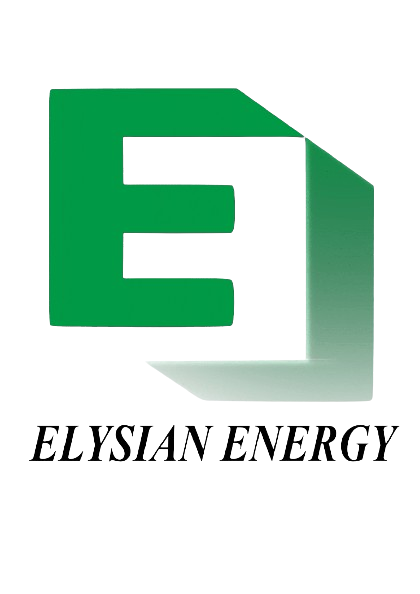FREQUENTLY ASKED QUESTIONS
Things you need to know
General Questions
Financial Questions
Installation Questions
Technical Questions
What are the benefits of installing a solar power system?
Solar power systems reduce electricity bills, decrease carbon footprint, provide renewable energy, and increase property value.
How long does it take to install a solar power system?
Installation time can vary based on the system's size, but typically it takes 1-3 days for residential systems.
What maintenance is required for a solar power system?
Solar power systems require minimal maintenance. Regular cleaning and annual inspections are usually sufficient to ensure optimal performance.
How does solar energy work?
Solar panels convert sunlight into electricity through photovoltaic cells. This electricity can be used immediately, stored in batteries, or fed into the grid.
What is solar energy?
Solar energy is the energy harnessed from the sun's rays, converted into electricity or heat for various applications using technologies such as solar panels.
How do solar panels work?
Solar panels work by converting sunlight into electricity through photovoltaic (PV) cells. When sunlight hits the PV cells, it creates an electric field that generates electricity.
What are the benefits of installing solar panels?
The benefits include reduced electricity bills, lower carbon footprint, increased property value, and energy independence.
What financing options are available for solar power systems?
We offer various financing options, including solar loans, leases, and power purchase agreements (PPAs).
Are there any government incentives for installing solar panels?
Yes, there are various government incentives, including tax credits, rebates, and grants, which can significantly reduce the cost of installation.
How much can I save by switching to solar energy?
Savings depend on your energy usage and local electricity rates. On average, homeowners save 50-70% on their electricity bills after installing solar panels.
Can I get a loan to install a solar power system?
Yes, we offer solar loans with competitive interest rates to help you finance your solar power system.
What is a Power Purchase Agreement (PPA)?
A PPA is a financial arrangement where a third-party developer installs, owns, and operates the solar power system on your property, and you agree to purchase the power generated at a fixed rate.
Will my solar power system work during a power outage?
If you have a battery backup system, your solar power system can provide electricity during a power outage. Otherwise, most grid-tied systems will shut down for safety reasons.
How does solar power work at night or during rainy seasons?
Solar panels do not produce electricity at night. During rainy seasons, production is lower but not zero, as panels can still generate some electricity from indirect sunlight. Battery storage can provide power during these times.
What is the lifespan of a solar power system?
Solar power systems typically last 25-30 years, with many panels still producing electricity well beyond that timeframe.
Can solar panels withstand extreme weather conditions?
Yes, solar panels are designed to withstand extreme weather conditions, including hail, wind, and heavy rain.
How much space is needed for a solar power system?
The space required depends on your energy needs and the system's size. Typically, residential systems require around 300-600 square feet of roof space.
What is the process for installing a solar power system?
The process includes a site assessment, design, permitting, installation, and inspection. We handle all these steps to ensure a smooth installation experience.
Do I need to make any modifications to my home for installation?
In most cases, minimal modifications are needed. Our team will assess your property and make any necessary adjustments to ensure optimal installation.
Can solar panels be installed on any type of roof?
Solar panels can be installed on most types of roofs, including asphalt shingles, metal, tile, and flat roofs. Our team will evaluate your roof's suitability during the site assessment.
How do I know if my home is suitable for solar panels?
A site assessment will determine your home's suitability based on factors like roof orientation, shading, and structural integrity.
Will installing solar panels damage my roof?
No, solar panels do not damage your roof when installed properly. In fact, they can protect the portion of the roof they cover from weather elements.
How do I monitor the performance of my solar power system?
Most solar power systems come with a monitoring system that allows you to track energy production and consumption in real-time through a smartphone app or web portal.
What is the difference between on-grid and off-grid solar systems?
On-grid systems are connected to the public electricity grid, allowing you to feed excess electricity back into the grid. Off-grid systems are not connected to the grid and require batteries to store excess energy.
What is a hybrid solar system?
A hybrid solar system combines the features of both on-grid and off-grid systems, using batteries to store excess energy while also being connected to the grid.
How does net metering work?
Net metering allows you to feed excess electricity generated by your solar panels back into the grid. You receive credits on your electricity bill for the energy you supply to the grid.
What size solar power system do I need for my home?
The size of the solar power system depends on your energy consumption, roof space, and budget. A professional assessment can help determine the optimal system size for your needs.
